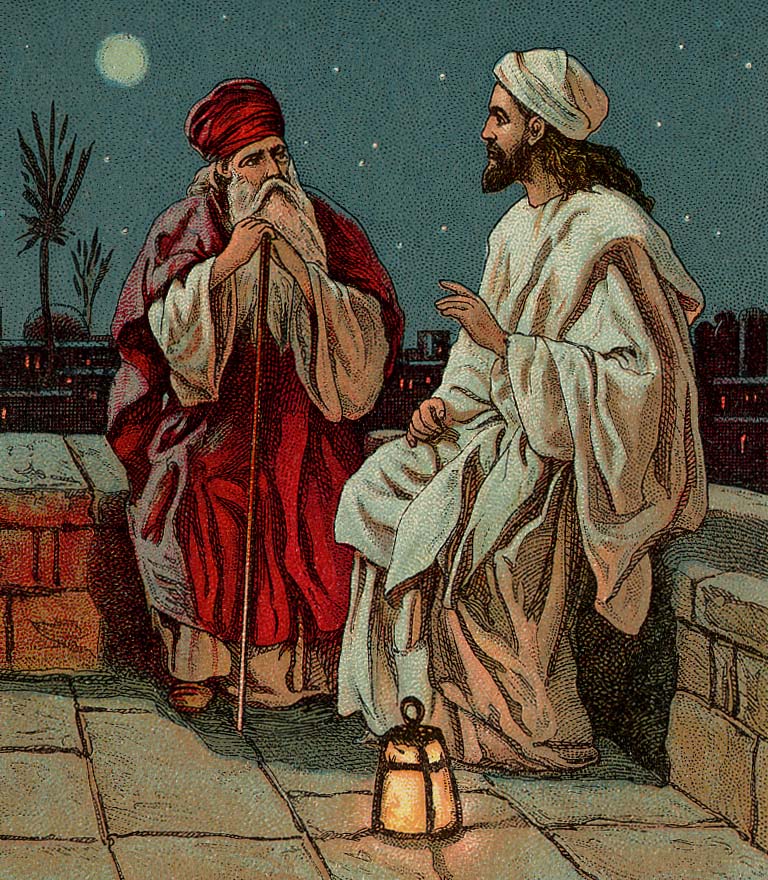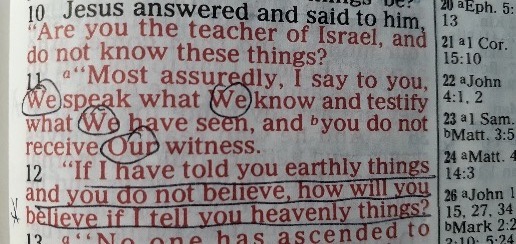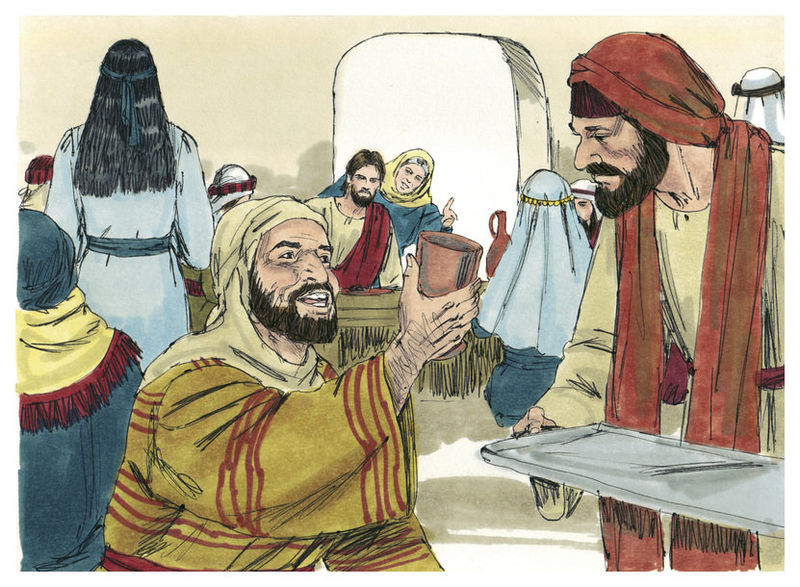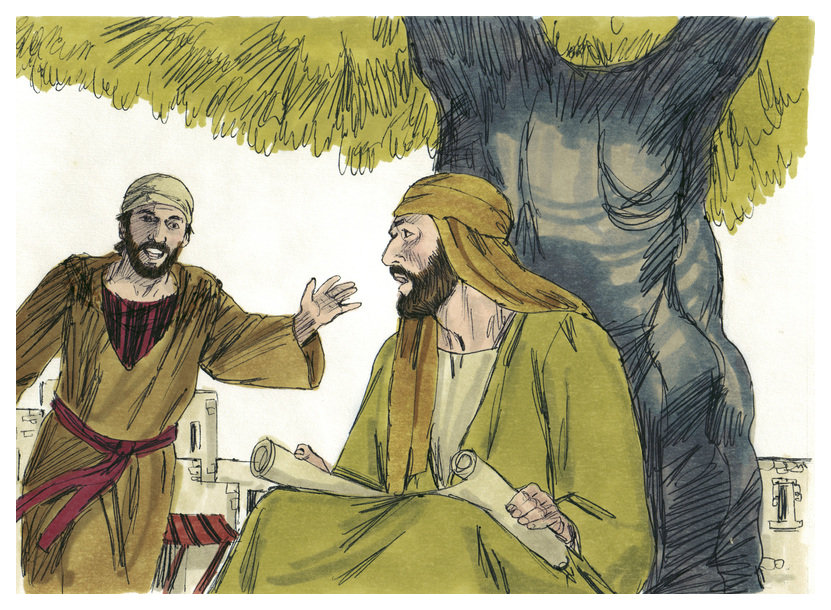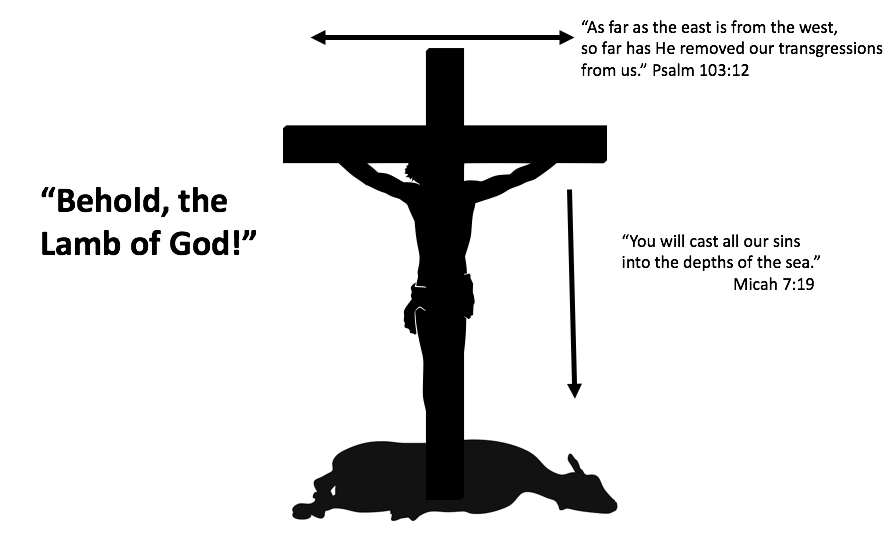“For God so loved the world that He gave His only begotten Son, that whoever believes in Him should not perish but have everlasting life.” John 3:16
Every Christ-centered church supports missions. When I speak of missions I am referring to “the sending of authorized believers to people of non-faith or other-faiths for the purpose of making disciples of Jesus Christ.” Why does a local church have missions? Let’s look at John 3:16. This is one of the most familiar verses in all the Bible. It has been used by God to lead millions of people to Christ. It has sparked revivals around the world.
This verse falls in the middle of a conversation between Jesus and a religious ruler named Nicodemus. Nicodemus thinks the way to heaven is by living a good life. But Jesus confronts him with the truth that he must be born again by believing in Christ alone for eternal life (John 3:1-15). It’s not what you do that gets you to heaven, it’s what Christ has already done for you on the cross and simply trusting Him to get you to heaven. Jesus explains further. “For God so loved the world that He gave His only begotten Son, that whoever believes in Him should not perish but have everlasting life.” (John 3:16).
Why does everyone need John 3:16?
BECAUSE GOD LOVED EVERYONE. Jesus said to Nicodemus, “For God so loved the world…” The first two words, “For God,” refer to the Creator of the heavens and earth (Genesis 1:1), the Alpha and Omega, the Beginning and the End (Revelation 1:8, 17; 22:13), the Great I Am (Exodus 3:14), the God of Abraham, Isaac, and Jacob (Exodus 3:6).
“For God so loved the world.” No one has ever loved to the degree that God has loved. Look at the extent of His love. He loved “the world.” He did not limit His love to one country, culture or color. His love extends beyond Filipinos to Americans… Africans… Australians… Chinese… Russians… Europeans… Brazilians.
God loved everyone. Red and yellow, black and white, we are all precious in His sight! No one can love like God loves. His love is unlimited. His love is no respecter or rejecter of persons. He loves black skin as much as white skin… tattooed skin as much as freckled skin… shaven as much as bearded… long hair as much as no hair… poor as much as rich… boxing fans as much as basketball fans… Rap music fans as much as ballroom dancing fans.
This first phrase, “For God so loved the world…” has motivated people to leave their families and their homes to share God’s love on the other side of the world. Why? Because God loves everyone. His love cannot be earned. God loves us now, not when we get better. He loves us regardless of what we’ve done or not done. Do you realize that nothing you do can make God love you any less? He loves us even when we offend Him. God has designed us to be loved by Him. Only His love can meet our deepest needs. Unfortunately, we often look in the wrong places for this love, don’t we? We look for it in our occupation, paycheck, in athletics, a bottle of booze or a dose of drugs, or in a brief romantic relationship. God’s love isn’t found in these things. His love is found in the Person of Jesus Christ.
The second reason why everyone needs John 3:16 is BECAUSE GOD GAVE HIS PERFECT SON FOR EVERYONE. Jesus said, “that He gave His only begotten Son.” God’s love gives. It doesn’t take. It gives sacrificially. What did He give? He gave what was most precious to Him – “His only begotten Son,” Jesus Christ. The phrase “only begotten Son” does not mean Jesus had a beginning like a baby that is birthed by his parents, as many false religions teach today. The compound Greek word translated “only begotten” is monogenḗs, which literally means “one (monos) of a kind (genos).” Jesus Christ is the only One of His kind. He is fully God (John 1:1-3) and fully Man (John 1:14). This is the message of the gospel of John.
God gave His only begotten Son to die in our place on a cross for our sins and rise from the dead (I Corinthians 15:3-6). Could you kill your child to save others? I certainly would not. Our love is pale compared to God’s love for us. Somebody might say to you, “I love you. Here’s my house. I’ll give it to you.” But how do you know that person doesn’t own ten homes so that giving up one is no sacrifice? Another person could say to you, “I love you. Here’s a million dollars.” But how do you know he does not have a billion dollars? When God says, “I love you. Here’s My perfect and only Son,” that is love. The greatest proof of His love is that He would allow His only begotten Son, Jesus Christ to die for our sins.
Did Jesus die for one country…culture or color? Did He die only for the elect? No, His death was for “all” nations of the world and all people (Matthew 28:19; Mark 16:15; John 1:29; 4:42; I Timothy2:3-6; I John 2:2). Jesus died for all people groups everywhere. Does that include drug addicts and prostitutes? Yes. Does that include Atheists, Buddhists, Catholics, Hindus, Muslims, and Protestants? Yes. Jesus died for all of them.
The third reason everyone needs John 3:16 is BECAUSE JESUS’ INVITATION IS FOR EVERYONE. Jesus said, “that whoever…” When we hear that God loves the world we may think, “Wow, that’s over 7.8 billion people. God may lose sight of me among that many people in the world today.” “Sure,” we say, “God loves the world in general, but what about me? What’s to keep Him from forgetting about me?” This is why God has placed the word “whoever” in this verse. When God looks at the world, He sees individuals, including you and me.
Thank God for that word “whoever.” If this verse read, “For God so loved the world that He gave His only begotten Son, that when Jeff Ropp believes in Him, he should not perish, but have everlasting life,” I might be inclined to think He was talking about some other Jeff Ropp because this Jeff Ropp is such a filthy sinner; but whoever means this Jeff Ropp and that Jeff Ropp, and all the other Jeff Ropp’s in the world, and everyone else, whatever his or her name may be. This invitation is for everyone. What is Jesus inviting everyone to do?
This leads to the fourth reason why everyone needs John 3:16: BECAUSE EVERYONE NEEDS SUCH SIMPLICITY. Jesus said, “believes in Him should not perish but have everlasting life.”Jesus is inviting us to believe in Him for everlasting life. He did not say, “whoever … does good in the community… lives an obedient life… denies himself and follows Me… confesses his sins… asks Me into his heart… promises to serve Me… or is baptized.” He simply says, “whoever believes in Him…” What does it mean to believe? To believe simply to accept something as true and then trust in that something.
Jesus says a person “believes” and “have.” You have what you take, correct? For example, if I were to say to you, “This $100 bill is yours if you will take it.” You cannot enjoy that $100 until you take it. If you take it, you have believed my promise to give it to you. Jesus asks us to take by faith the eternal life that He is freely offering to us. The moment you believe His promise to give everlasting live to all who believe in Him, you “have” everlasting life. Jesus guarantees that you will “not perish” in hell, but “have” everlasting life both now and forever. This is so simple that children often believe it much sooner than adults.
In John 3:16, Jesus is saying, “I love you. I died for you and rose from the dead. Will you trust Me to give you the never-ending life I bought for you with My own blood?” This is an invitation to believe or trust in Christ and Him alone – not ourselves or our good works. If you have just believed or trusted in Jesus Christ alone to give you everlasting life, you can tell Jesus this through prayer. Praying this prayer will not get you to heaven. Only believing or trusting in Jesus alone gets us to heaven. This prayer is a way of telling God you are now trusting in His Son.
Prayer: “Dear Jesus, thank You for John 3:16 which tells me that You love me just as I am and that You want to be in a relationship with me forever. Lord Jesus, I admit that I have sinned against You and that I cannot save myself. I believe You died in my place on a cross for all of my sins and rose from the dead. I am now trusting in You alone, Jesus, (not my good life, my prayers, or my religion) to give me everlasting life and save me from hell forever. Thank You, Jesus, for the everlasting life I now have. Thank You for saving me from hell forever! Please help me to share John 3:16 with others before it is too late for them. In Jesus’ name. Amen.”
To grow in your new relationship with Jesus Christ, please visit please visit www.seeyouinheaven.life or www.knowing-Jesus.com or evantell.org. If you found this article to be helpful, please share it with those you want to see in heaven.Thank you and may Jesus richly bless you as you make Him known to others.

